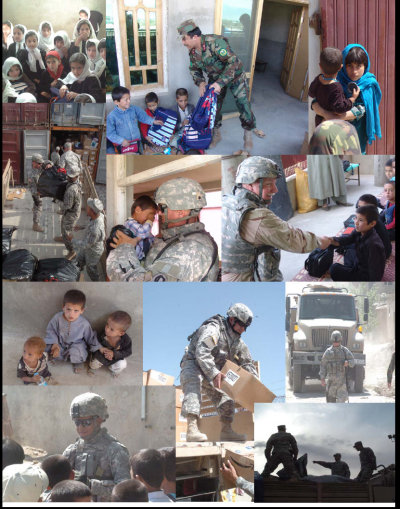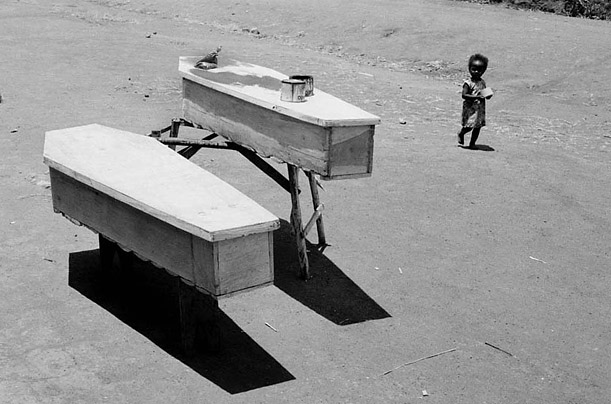I was reading the New York Times today when I came across an article that struck me.
As the story goes…
10 Baptist Americans took it upon themselves to smuggle Haitian “orphans” over the border. Sound absurd? I thought so too. I decided the “… ” was necesarry around the word “orphan” because our fellow Americans didn’t actually have any documentation stating that the status the children was, in fact, orphan.

What were we thinking? In recent times, I have found that Americans, with the help of our media, believe that what we do for suffering countries is always well-received and appreciated. We have found this to be a false assumption in regards to this Haiti hiccup.
These Americans are now held in Haitian prison because they thought they were “doing the right thing.” All things considered, Hooray! for the Haitian police. Despite their infamous corruption and the tragedy that has left Haiti in ruins, they have tried to maintain some national dignity and independence.
I understand the United States is trying to help the cause but let’s try and work with the Haitian government instead of around it. In the end, Haiti is a country of its own who has a government and people that may not like the way the United States does things. Let’s respect that.
Photograph courtesy of the New York Times


